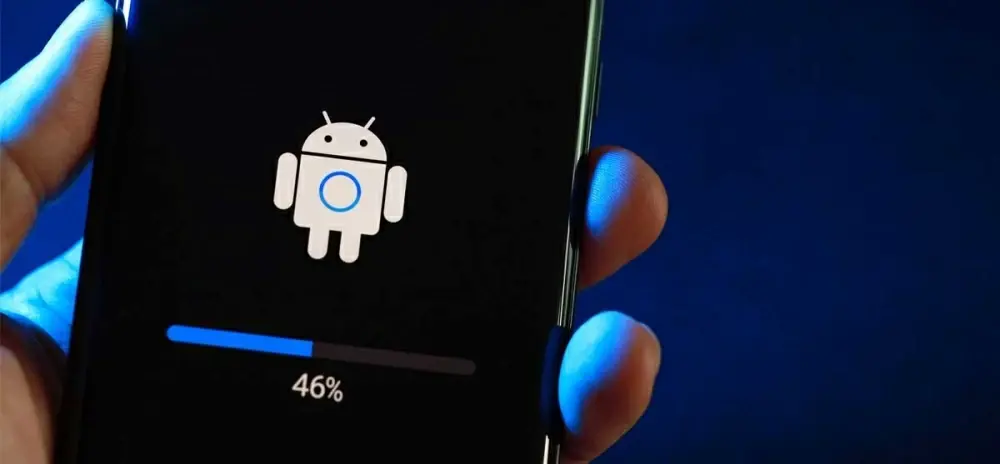Essential Tips For Keeping Your Smartphone Secure

Smartphones have become indispensable in modern life, holding vast amounts of personal information, financial data, and sensitive communications. This makes them prime targets for cybercriminals. Keeping your smartphone secure requires vigilance, awareness, and implementing specific measures to protect against hacks, malware, and unauthorized access. Below are some essential tips to help you keep your smartphone secure.
1. Use Strong and Unique Passwords
A strong password is your first line of defense. Avoid using easily guessable information like your name, birthdate, or simple number sequences. Instead, opt for a combination of upper and lower case letters, numbers, and symbols. Additionally, it's essential to use unique passwords for different apps and services. Consider using a password manager to keep track of all your logins securely.
-
Enable Two-Factor Authentication (2FA): This adds an extra layer of security by requiring a second form of verification, such as a code sent to your phone, in addition to your password.
2. Keep Your Operating System and Apps Updated
Manufacturers and app developers regularly release updates to patch security vulnerabilities. Keeping your operating system (iOS or Android) and apps up-to-date ensures you have the latest security features.
-
Automatic Updates: Enable automatic updates for your apps and system, so you don’t have to worry about missing a crucial security fix.
3. Be Careful with Public Wi-Fi
Public Wi-Fi networks are often unsecured, making them a breeding ground for cyberattacks. Hackers can intercept the data you send and receive over an unencrypted connection, potentially gaining access to sensitive information.
-
Use a Virtual Private Network (VPN): A VPN encrypts your internet connection, making it much harder for hackers to intercept your data on public networks.
4. Install Security Software
Both iOS and Android platforms offer various security apps that can help protect your phone from malware, phishing attempts, and other threats. Some of the most effective mobile security apps provide real-time protection and will alert you to any suspicious activity.
-
Antivirus Software: For Android users especially, installing an antivirus app adds an additional layer of protection against malware that could be disguised in apps or files.
5. Manage App Permissions
Many apps request access to data they don’t need to function. Be mindful of which permissions you grant, such as location, contacts, camera, and microphone.
-
Review Permissions: Periodically review your app permissions and revoke any unnecessary access. On Android, you can do this under Settings > Apps > Permissions, while on iPhone, go to Settings > Privacy.
6. Enable Find My Device and Remote Wipe
If your phone gets lost or stolen, having a way to locate it remotely can be a lifesaver. Both iPhone’s Find My and Android’s Find My Device features allow you to track your device on a map, lock it, and even remotely erase all data if recovery is unlikely.
-
Activate These Features: Make sure Find My is enabled on your iPhone (under Settings > Apple ID > Find My) and Find My Device is activated on Android (in Settings > Google > Find My Device).
7. Beware of Phishing and Malicious Links
Phishing attacks attempt to trick you into giving away sensitive information by pretending to be legitimate entities. Be cautious when receiving emails, text messages, or social media messages with links, especially if they seem suspicious or too good to be true.
-
Verify Links: Always check the sender’s email address or phone number and avoid clicking on links or downloading attachments from unknown or unexpected sources. If in doubt, visit the official website directly rather than using links in a message.
8. Disable Bluetooth and Wi-Fi When Not in Use
Leaving Bluetooth and Wi-Fi on when you're not using them can make your phone more vulnerable to attacks. Hackers can exploit Bluetooth vulnerabilities or set up fake Wi-Fi networks to gain access to your phone.
-
Turn Off Unused Connections: Always disable Bluetooth and Wi-Fi when you’re not actively using them, especially in public places.
9. Use Secure Messaging Apps
Not all messaging apps are created equal. Apps like WhatsApp, Signal, and iMessage offer end-to-end encryption, meaning only the sender and receiver can read the messages. This protects your communications from being intercepted by hackers or even the service provider itself.
-
Switch to Secure Apps: Consider switching to apps that prioritize security and encryption for sensitive communications.
10. Regularly Back Up Your Data
In case your phone is compromised, lost, or stolen, having a backup ensures you don’t lose your important data. Regularly back up your phone either through cloud services like Google Drive, iCloud, or by manually backing up to a computer.
-
Enable Automatic Backups: For peace of mind, enable automatic backups so that your data is consistently saved without manual intervention.
Conclusion
Securing your smartphone is critical, as it holds a wealth of personal and sensitive data. By using strong passwords, keeping your device updated, being cautious with app permissions and public Wi-Fi, and enabling features like two-factor authentication and remote wipe, you can significantly reduce your risk of being hacked. Always stay informed about the latest security threats and adopt practices that make your phone as secure as possible.
Taking proactive measures today can save you from data theft, privacy breaches, and much bigger headaches down the road.






